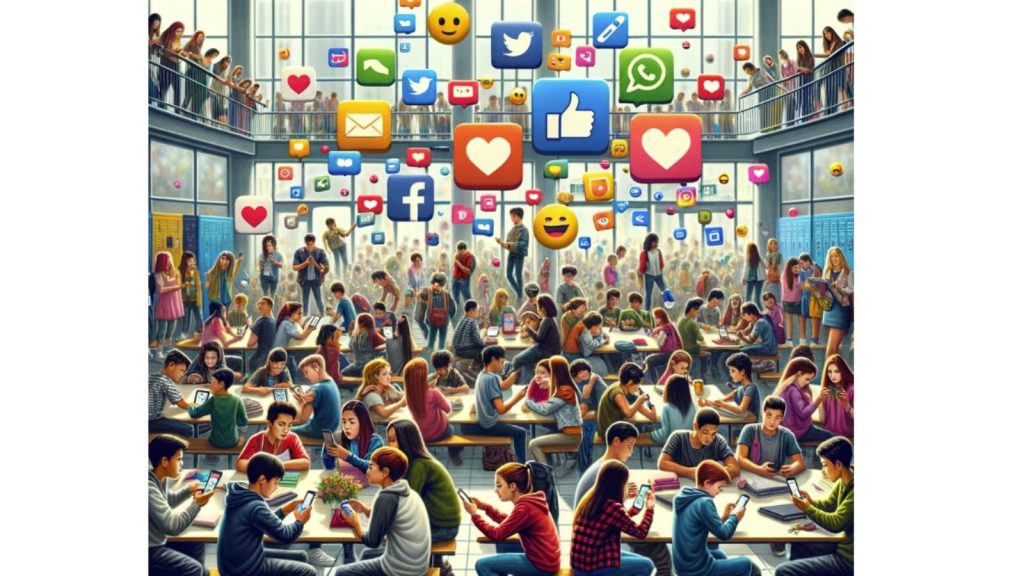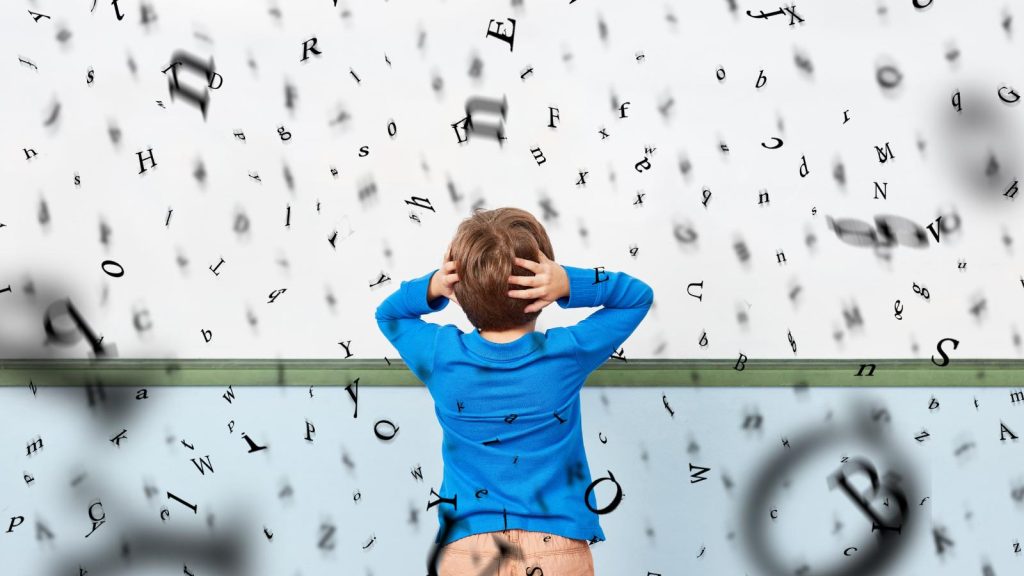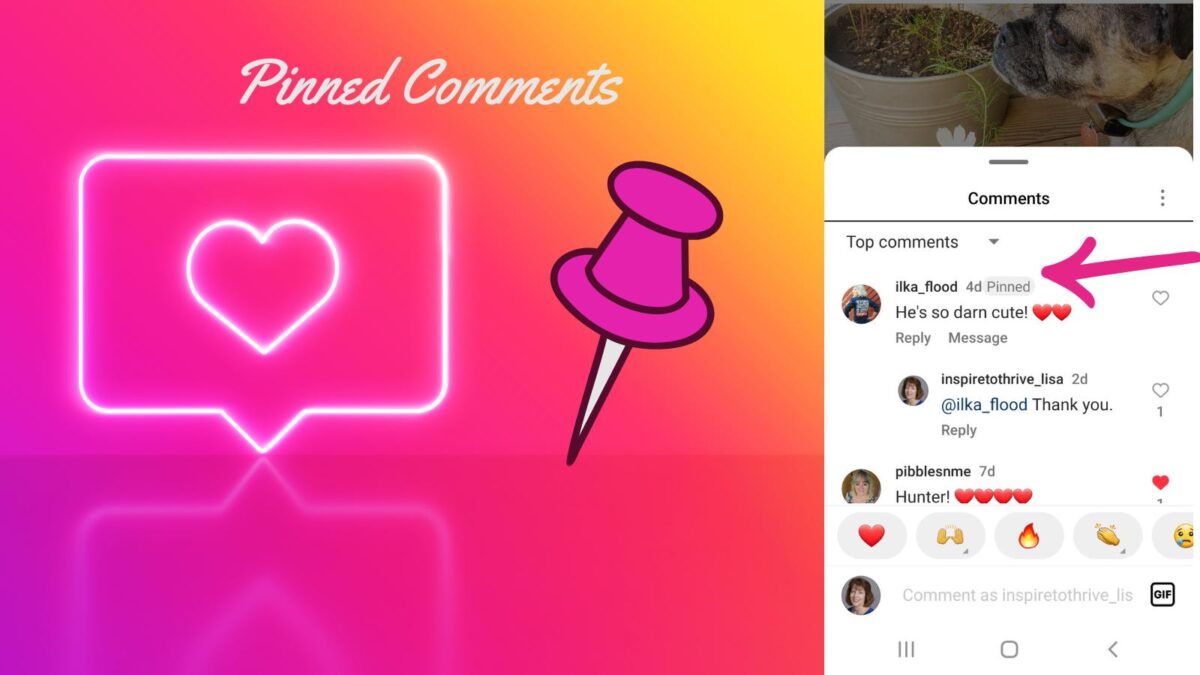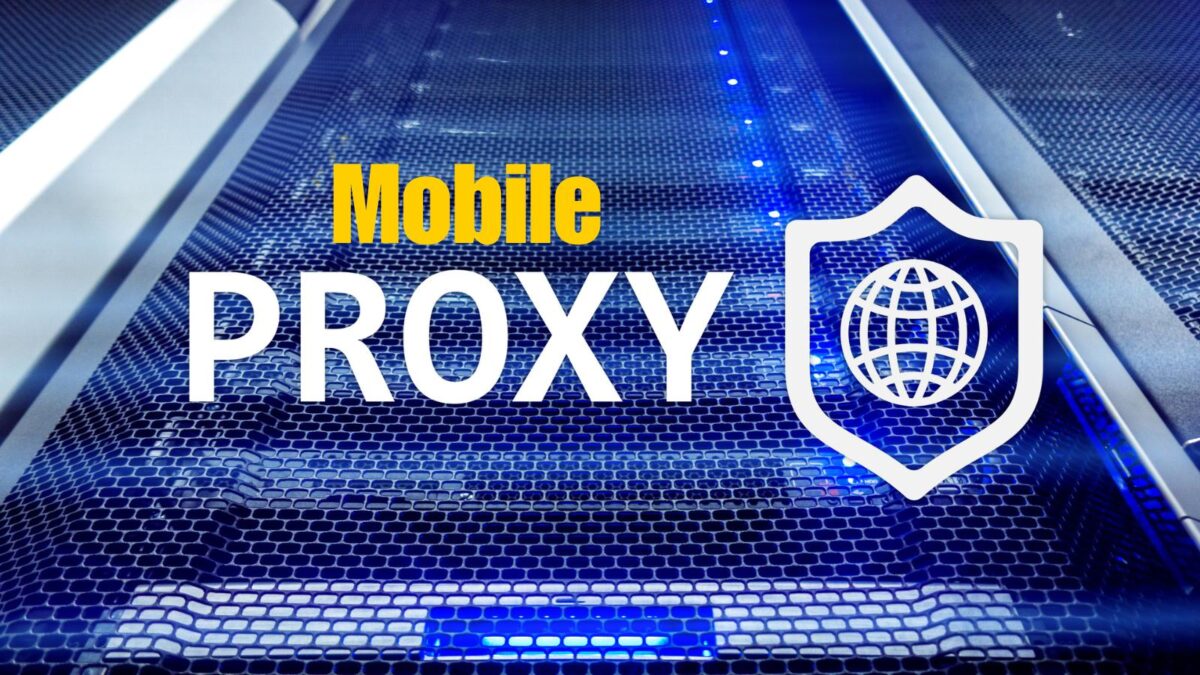We use social media every day because technology is always changing. It changes many parts of our lives, like school, not just connecting with others. In this long piece, a lot of good and bad things about how social media affects student learning are said.
We’ll talk about how these tools, which are often criticized for being annoying, can help students learn if they’re used right.
Table of Contents
The Educational Upside of Social Media
Enhanced Collaboration and Communications of Social Media Student Learning
In the digital age we live in now, students have access to a huge number of online tools. These tools make learning and research much easier.
The internet has become an important part of education, with everything from huge databases and scholarly pieces to online classes and how-to videos.

Using specialized services like “do my dissertation” sites is becoming more and more popular among students who need help with their work. These online tools are very helpful because they not only give you help and direction but also help you understand things better.
Along with regular tools, these platforms meet the special needs of students who are having a hard time with their most difficult tasks.
This understanding improves the level of education as a whole.
Students can learn, discover, and do better than ever before, thanks to the huge variety of online resources.
Also, it’s important not to forget how powerful social media can be for helping students work together and talk to each other.
Social Networking Sites
Social networking sites like Facebook, Twitter, and LinkedIn make it easy for students to share materials. Not only that but talk about homework, and help each other learn.
How, though, does this virtual contact lead to better learning?
Think about a study group that has no limits by time zones or location. This is possible thanks to social media, which lets students work together on projects, share ideas, and clear up questions.
All of these things can make learning more fun.
This amount of connectivity helps students feel like they are part of a community. It is important for keeping them motivated and interested.
Access to Diverse Resources is Available
There is a lot of useful knowledge on social media. Scholarly articles, educational content, expert views, and real-time news updates are all easy for students to access.
Access to a wide range of tools can help students learn by giving them different points of view on a subject and encouraging them to think critically. Students learn about different cultures, points of view, and ideas when they read and watch material from around the world.
This broadens their views and gets them ready for a globalized world.
Help and feedback in real-time
Because social media is instant, it’s a great way to get help and comments right away. Teachers can use these sites to give immediate comments on homework, answer questions, and give help when they’re not in the classroom.
Social media is also a great place for peer support because students can ask for help, share what they know, and learn from each other.
This instant sharing of information and help can make learning a lot better by making it more dynamic and interactive.
Navigating The Challenges
The Distraction and Time Management Process
There is no doubt that social media can help schooling, but there are also problems that need to be dealt with. The most important of these is the chance of getting distracted.
With so many alerts, memes, and videos coming at them all the time, it’s simple for students to get sidetracked. Dealing with this distraction takes self-control and good time management, which some students might not have.
Finding a balance is important to make sure that social media is used as a way to learn and not as a problem.
Information Overload and Quality Concerns
The huge amount of information on social media is another big problem that can cause information overload. It’s not easy for students to find reliable information because there is a lot of false information and skewed sources out there.
This job requires strong critical thinking and digital literacy skills, which shows how important it is to teach students how to tell the difference between trustworthy and questionable sources.
Finding trustworthy information online requires critical thinking and cross-checking sources. Start with reputable websites like .gov, .edu, or well-known organizations.
Check the author’s credentials and look for cited sources. Be wary of websites trying to sell something or with obvious biases.
Cross-reference claims across multiple credible sources. If information seems questionable or too good to be true, it likely is.
Lastly, taking the time to verify online info prevents falling for misinformation.

How to Use Social Media for Learning in the Future
There are some problems with bringing social media into schools, but the possible benefits are too great to ignore.
Teachers and schools should use the good things about social media while minimizing the bad things like cyberbullying etc. that may happen on Instagram or SnapChat, for example.
To do this, digital literacy needs to be taught in schools, clear rules need to be set for social media use, and an atmosphere needs to be created that promotes positive interaction with these platforms.
Conclusion: How Does Social Media Impact Student Learning?
In conclusion, social media has the potential to change the way people learn by making it easier for them to work together, get knowledge, and build communities in ways that have never been seen before.
However, it also has problems that need to be carefully navigated. By focusing on both the pros and cons of social media use for learning, teachers can help their students make the most of it as a powerful tool.
Going forward, it’s clear that social media will have an even bigger effect on how well students learn, which will change the future of education in ways we can’t even imagine.
- Ground News Pricing: Are Pro, Premium, and Vantage Packages Worth it? - February 18, 2026
- Instagram Follower Tracker | Save Loads of Time With Dolphin Radar Tracker - February 18, 2026
- GA4 Secret: How to Find and Track AI Overviews Traffic to Your Website - February 16, 2026



